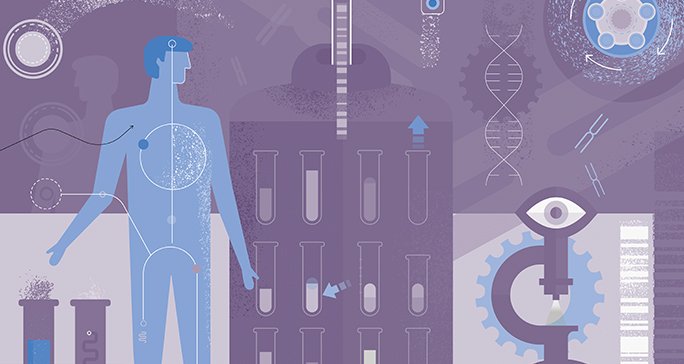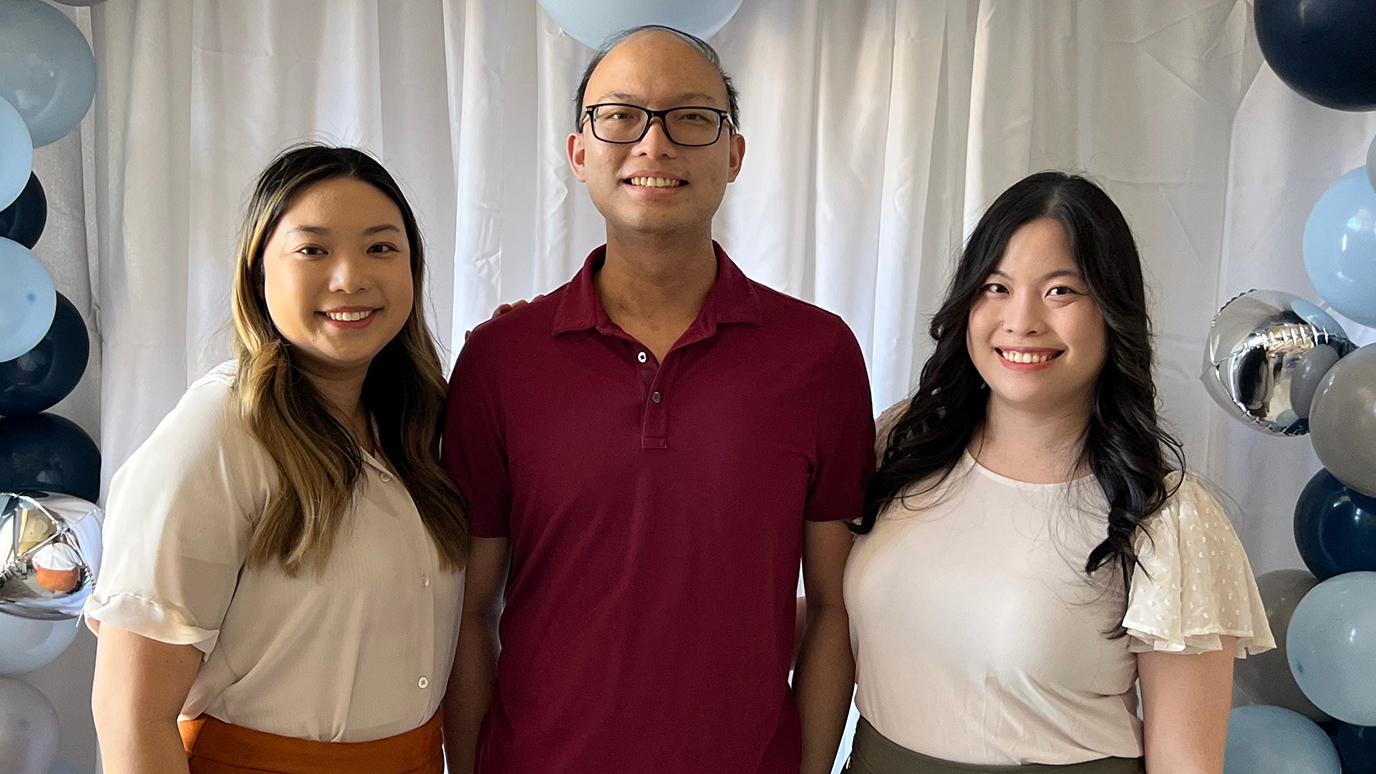- Diseases
- Acoustic Neuroma (14)
- Adrenal Gland Tumor (24)
- Anal Cancer (68)
- Anemia (2)
- Appendix Cancer (16)
- Bile Duct Cancer (26)
- Bladder Cancer (72)
- Brain Metastases (28)
- Brain Tumor (232)
- Breast Cancer (714)
- Breast Implant-Associated Anaplastic Large Cell Lymphoma (2)
- Cancer of Unknown Primary (4)
- Carcinoid Tumor (8)
- Cervical Cancer (158)
- Colon Cancer (166)
- Colorectal Cancer (116)
- Endocrine Tumor (4)
- Esophageal Cancer (44)
- Eye Cancer (36)
- Fallopian Tube Cancer (8)
- Germ Cell Tumor (4)
- Gestational Trophoblastic Disease (2)
- Head and Neck Cancer (12)
- Kidney Cancer (128)
- Leukemia (342)
- Liver Cancer (50)
- Lung Cancer (286)
- Lymphoma (278)
- Mesothelioma (14)
- Metastasis (30)
- Multiple Myeloma (100)
- Myelodysplastic Syndrome (60)
- Myeloproliferative Neoplasm (4)
- Neuroendocrine Tumors (16)
- Oral Cancer (100)
- Ovarian Cancer (172)
- Pancreatic Cancer (160)
- Parathyroid Disease (2)
- Penile Cancer (14)
- Pituitary Tumor (6)
- Prostate Cancer (146)
- Rectal Cancer (58)
- Renal Medullary Carcinoma (6)
- Salivary Gland Cancer (14)
- Sarcoma (238)
- Skin Cancer (294)
- Skull Base Tumors (56)
- Spinal Tumor (12)
- Stomach Cancer (64)
- Testicular Cancer (28)
- Throat Cancer (92)
- Thymoma (6)
- Thyroid Cancer (96)
- Tonsil Cancer (30)
- Uterine Cancer (80)
- Vaginal Cancer (16)
- Vulvar Cancer (20)
- Cancer Topic
- Adolescent and Young Adult Cancer Issues (20)
- Advance Care Planning (10)
- Biostatistics (2)
- Blood Donation (18)
- Bone Health (8)
- COVID-19 (362)
- Cancer Recurrence (120)
- Childhood Cancer Issues (120)
- Clinical Trials (630)
- Complementary Integrative Medicine (22)
- Cytogenetics (2)
- DNA Methylation (4)
- Diagnosis (232)
- Epigenetics (6)
- Fertility (62)
- Follow-up Guidelines (2)
- Health Disparities (14)
- Hereditary Cancer Syndromes (126)
- Immunology (18)
- Li-Fraumeni Syndrome (8)
- Mental Health (116)
- Molecular Diagnostics (8)
- Pain Management (62)
- Palliative Care (8)
- Pathology (10)
- Physical Therapy (18)
- Pregnancy (18)
- Prevention (912)
- Research (392)
- Second Opinion (74)
- Sexuality (16)
- Side Effects (604)
- Sleep Disorders (10)
- Stem Cell Transplantation Cellular Therapy (216)
- Support (402)
- Survivorship (320)
- Symptoms (182)
- Treatment (1786)
How to find the right cancer support group for you
4 minute read | Published May 08, 2018
Medically Reviewed | Last reviewed by an MD Anderson Cancer Center medical professional on May 08, 2018
A cancer support group is a safe place to share your experiences and connect with others facing the same challenges. It gives you the space to connect with others dealing with cancer, talk openly about your feelings, receive practical advice, share resources and contacts, better understand and be able to describe your experience and develop coping skills.
Studies have shown that support groups can reduce isolation, anxiety and stress. They can also improve mood, self-image and the ability to cope.
With all of these benefits, you’d think that attending a cancer support group would be a no-brainer. But some people find the idea a little intimidating. And that’s totally normal. It can be nerve-wracking to put yourself in new situations, introduce yourself to new people and especially to face experiences you haven’t been able to process yet.
Decide what you’re looking for in a cancer support group
To get the most out of a cancer support group, it’s important to find the right one for you. Here are a few questions to answer before attending one:
- What type of support are you looking for? Some support groups are more social in nature. Their purpose is to connect people with shared experiences in a casual environment. Other support groups are more talk-therapy based, and focus on helping group members process their experiences.
- Who are you wanting to get support from? Some support groups are geared towards patients and/or caregivers dealing with a specific diagnosis, while others are open to all diagnoses. There are also support groups that are for both patients and caregivers, patients only, caregivers only, young adults, kids of patients and patients with metastatic cancer.
- What setting works best for you? Many hospitals and cities offer in-person support groups, but not all of them do. If meeting in person isn’t an option for you, consider an online group. Those may be in the form of a message board, a chat room or even a phone app. You may even consider joining myCancerConnection, MD Anderson’s one-on-one support program for patients and caregivers.
- If you are being treated away from home, what location are you most likely to attend a group in? If you spend most of your time at home, it might be best to find a group close to where you live. If you spend most of your time in Houston or another city for treatment, it might be more convenient to find a group close to that city or hospital.
How to find a support group
Once you have an idea of what you’re looking for, here are a few ways to find a cancer support group:
- Ask your social work counselor. All MD Anderson patients have an assigned social work counselor who can help with all sorts of things, including selecting a support group. In fact, we social work counselors facilitate many of our support groups. If you’ve never met with your MD Anderson social work counselor before, ask someone on your care team to put you in touch.
- Go online. You can find a list of cancer support groups on MD Anderson’s website, or use the American Cancer Society’s online search tool to find programs and services in your area.
- Ask around. Sometimes other patients and caregivers can be especially helpful when it comes to finding support groups and other valuable resources.
Be open-minded
Before you attend your first --- or even second or third – cancer support group session, here are a few things to keep in mind.
- Get the scoop from the facilitator. If possible, contact the group facilitator in advance to ask any questions and get a better understanding of how group works. Knowing what to expect will help you feel more comfortable and prepared.
- Attend the same group at least three times. Every group is different and every group meeting is different, so go to the group at least three times before you decide it isn’t a good fit. You might be surprised at how the group grows on you over time.
- Keep an open mind. The other group members may be different from you, and sometimes that’s actually a really good thing. The group may really need your perspective, experience, knowledge, etc. and you could really benefit from theirs. Everyone is unique and has a unique contribution.
- Don’t be afraid to try again. If the first group isn’t a good fit for you, try another one! Every group is so different, so it’s important to keep trying until you find one that provides the support and comfort you seek.
Request an appointment at MD Anderson online or by calling 1-877-632-6789.
Related Cancerwise Stories

A cancer support group is a safe place to share your experiences and connect with others.
Wendy Griffith
Sr. Social Work Counselor





